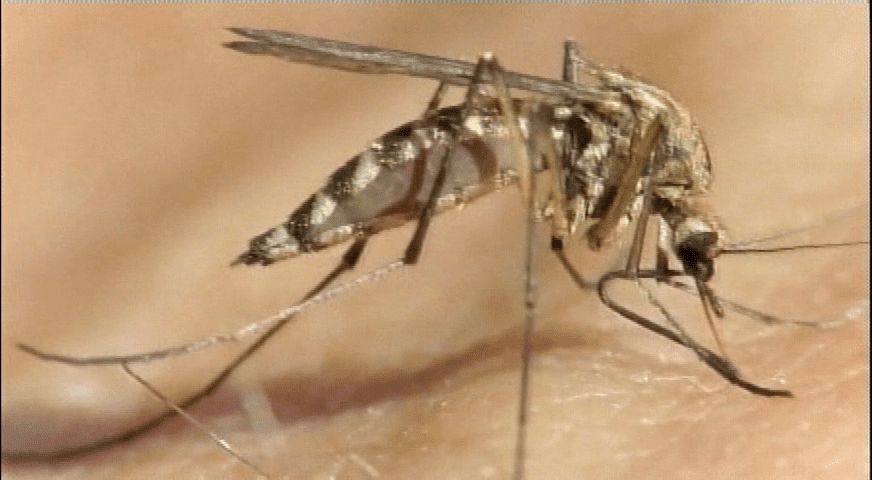First deaths this year related to West Nile virus in Wisconsin, Illinois

Two people in eastern Wisconsin and one person in northeastern Illinois have died of West Nile virus, according to health officials.
A third person in Wisconsin also has been hospitalized because of the mosquito-borne illness, the Wisconsin Department of Health Services said Thursday in a release.
The Wisconsin Department of Health reports the first three human cases of WNV this year were found in residents of Outagamie, Fond du Lac, and Brown counties.
“DHS is saddened to hear about the deaths of Wisconsin residents from West Nile Virus,” said Traci DeSalvo, DHS Bureau of Communicable Diseases Director said in a release. “Although people with weakened immune systems tend to be at greatest risk, severe West Nile virus can occur in people of all ages. It is important for all Wisconsinites to take steps to prevent mosquito bites when outdoors.”
Health officials say WNV has been detected in mosquitoes, animals, and healthy blood donors whose blood screened positive for WNV.
In Lake County, Illinois, three people tested positive for the virus over the past seven days, the Lake County Health Department and Community Health Center said Thursday in a release.
One of the victims experienced symptom onset in mid-August and died shortly thereafter.
West Nile virus is commonly spread through the bite of an infected mosquito. While most people don’t experience symptoms, about 1 in 5 can develop a fever, headache, body aches, vomiting, diarrhea or rash, according to the U.S. Centers for Disease Control and Prevention. About 1 out of 150 infected people develop a serious, sometimes fatal, illness.
An average of 18 cases of West Nile virus are reported in Wisconsin each year, and the virus has been detected this year in mosquitoes, animals and healthy blood donors whose blood screened positive for West Nile virus, the state said.
West Nile virus was first reported in the U.S. in 1999 in New York. It gradually spread across the country. In 2003, there were nearly 10,000 cases.